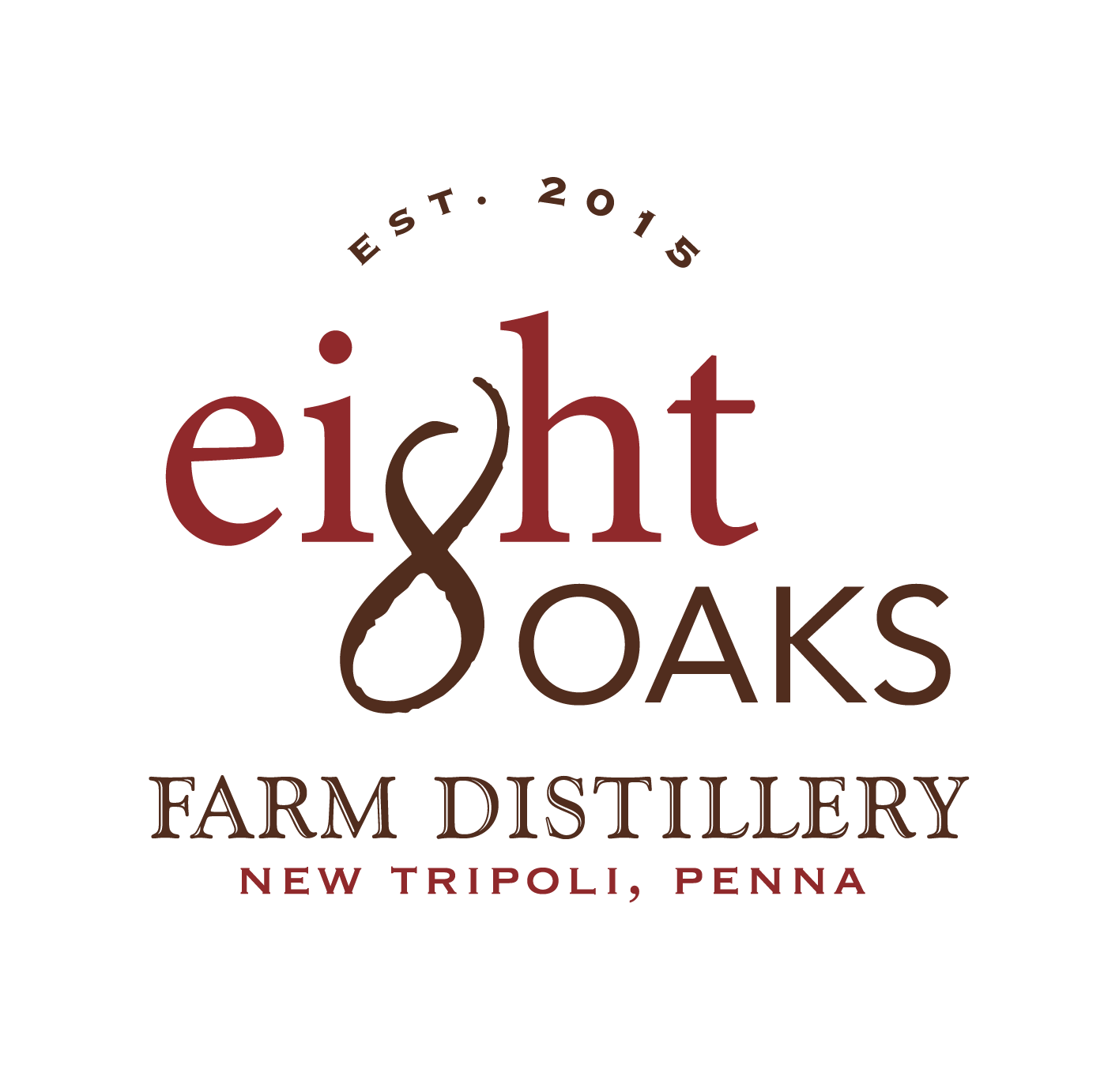Spirits Through the Ages: Unveiling the History of Alcohol
From ancient rituals to modern-day celebrations, alcohol has been an integral part of human culture for millennia. The history of alcohol is filled with stories of invention, discovery, and cultural exchange. In this article, we journey through time to explore the fascinating origins and evolution of alcohol, tracing its path from early civilizations to contemporary society.
Where did Alcohol Come from? The Origins of Fermentation
The story of alcohol has its roots in the ancient practice of fermentation, a natural process in which yeast transforms sugars into alcohol and carbon dioxide. It is believed that humans may have accidentally discovered fermentation as wild yeast interacted with fruit juices or grains that were left unattended in the environment. This discovery marked the beginning of humanity's relationship with alcoholic beverages.
Evidence suggests that intentional fermentation dates back to around 7000 BCE in ancient China. Here, early civilizations began deliberately fermenting beverages made from rice, honey, and various fruits. These fermented concoctions served not only as sources of nourishment but also held significant ritualistic importance within the cultural and spiritual practices of the time.
As ancient societies cultivated grains and domesticated animals, the practice of fermentation evolved alongside agricultural advancements. The fermentation of grains, such as barley and wheat, gave rise to early forms of beer in regions like Mesopotamia and Egypt. Meanwhile, in regions abundant with grapevines, such as Mesopotamia and the Caucasus, the fermentation of grape juice led to the creation of wine, which held esteemed status in religious ceremonies and social gatherings.
Across continents and cultures, the art of fermentation continued to develop, with each society contributing its unique ingredients, techniques, and traditions to the ever-expanding repertoire of alcoholic beverages.
From the rice-based sake of Japan to the millet beer of ancient Africa, the story of alcohol reflects the ingenuity and creativity of human civilization in harnessing the transformative power of fermentation.
Ancient Civilizations and Libations
Throughout history, alcohol has been deeply intertwined with human existence, holding sacred significance in religious ceremonies, social gatherings, and medicinal practices alike.
In the cradle of civilization, Mesopotamia, beer brewing emerged as a fundamental aspect of daily life. Here, the Sumerians revered Ninkasi, the goddess of beer, with hymns and prayers, recognizing the vital role of beer in their culture and spirituality.
Similarly, in the land of ancient Egypt, libations of beer and wine held a profound spiritual significance. The ancient Egyptians offered these beverages to Osiris, the god of the afterlife, as symbols of reverence and homage. These rituals underscored the intimate connection between alcohol and the divine, shaping the cultural landscape of ancient Egypt.
Across the Mediterranean, the ancient Greeks and Romans paid homage to their respective gods of wine, Dionysus and Bacchus, through lavish feasts and bacchanalian revelry. Wine, in particular, played a central role in their religious rites and social customs, symbolizing abundance, fertility, and ecstatic communion with the divine.
As civilizations flourished and expanded, the use of alcohol transcended mere sustenance, becoming a conduit for spiritual transcendence, communal bonding, and the celebration of life's myriad joys and sorrows. The sacred rituals and cultural practices surrounding alcohol served as a testament to its enduring influence on the human experience throughout the ages.
Innovation and Global Exchange
As civilizations thrived and spread across the globe, the diversity of alcoholic beverages expanded in tandem.
During the Middle Ages, monastic breweries emerged throughout Europe, where devoted monks honed their brewing and distilling skills to create beer and spirits for both sustenance and trade. These monastic communities played a pivotal role in refining brewing and distillation techniques, contributing to alcohol production.
Meanwhile, the interconnected network of trade routes known as the Silk Road facilitated the exchange of goods, ideas, and cultural practices between distant regions. This bustling trade route served as a conduit for the transmission of knowledge and innovation, introducing new ingredients, methods, and traditions to areas across Asia, Africa, and Europe.
The cultural exchange along the Silk Road spurred a fusion of culinary and brewing practices, resulting in unique alcoholic beverages that reflected the diverse influences of the societies through which they passed.
One of the most transformative innovations in the history of alcohol occurred with the development of distillation techniques in the Islamic world.
Alchemists in regions such as Persia and the Arabian Peninsula pioneered the art of distillation, unlocking the ability to concentrate the alcohol content of fermented beverages. This groundbreaking advancement revolutionized the production of potent libations such as whiskey, vodka, and brandy, forever altering the landscape of alcohol consumption and commerce. The spread of distillation technology across Europe and beyond facilitated the production of a wide array of distilled spirits, each with its distinctive flavors and cultural significance.
Prohibition and Regulation
While alcohol has undeniably held cultural significance throughout history, it has also been subject to significant regulation and controversy.
In the early 20th century, the temperance movement gained traction as a response to the social problems associated with excessive drinking. This movement reached its peak with the enactment of Prohibition in the United States and other countries.
Prohibition aimed to eradicate the consumption of alcohol, but it ultimately proved to be an ineffective strategy. Instead of eliminating alcohol use, Prohibition led to the rise of organized crime syndicates and the proliferation of underground speakeasies, where alcohol was still readily available.
The failure of Prohibition highlighted the challenges of attempting to legislate morality and enforce strict regulations on alcohol consumption.
In the aftermath of this tumultuous period, governments around the world began to implement more nuanced approaches to alcohol regulation.
This included the establishment of comprehensive liquor laws and taxation systems designed to monitor and control the production, sale, and distribution of alcoholic beverages.
These regulations laid the foundation for modern alcohol control measures and industry standards.
Today, alcohol regulation encompasses a wide range of issues, including licensing requirements for producers and retailers, restrictions on advertising and marketing, age limits for purchasing and consuming alcohol, and measures to prevent alcohol-related harm and abuse.
While the specifics of alcohol regulation vary from one jurisdiction to another, the overarching goal remains the same: to balance the enjoyment of alcohol with the protection of public health and safety.
Contemporary Culture and Craft
Today, alcohol still plays a central role in global culture, from the ritualistic sake ceremonies of Japan to the craft beer revolution in the United States. The emergence of artisanal distilleries, microbreweries, and wine estates has democratized the production and consumption of alcohol, fostering a renaissance of creativity and innovation in the industry.
Moreover, alcohol's cultural significance extends beyond its intoxicating effects, catalyzing social bonding, culinary experimentation, and artistic expression in communities around the world.
As we reflect on the history of alcohol, its enduring legacy as a symbol of human ingenuity, creativity, and friendliness lives on.
From its humble origins in ancient civilizations to its modern-day manifestations in craft cocktails and fine wines, alcohol continues to evolve and adapt, reflecting the ever-changing human experience.
As we raise a glass to toast the past, present, and future, let us celebrate the rich and diverse heritage of alcohol and the communities that cherish it.
Cheers!
We don’t just make whiskey, we make a difference.
Tell us what you want to see in future blog posts. You can do that by sending your feedback to Josh at jvandenberg@eightoaksdistillery.com.
We’ll work as many questions into future posts as we can, and for those topics selected, we’ll make sure to send you a fun prize pack.

